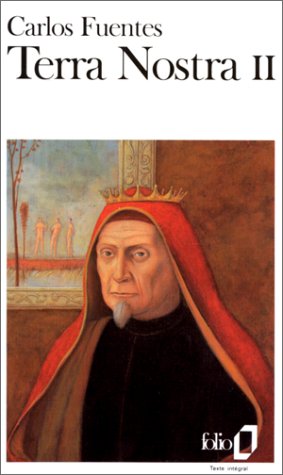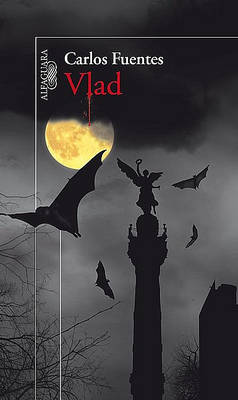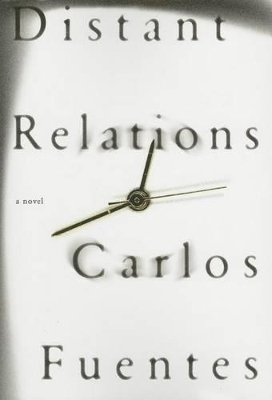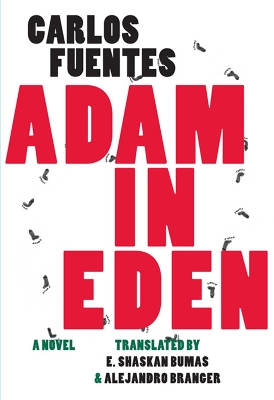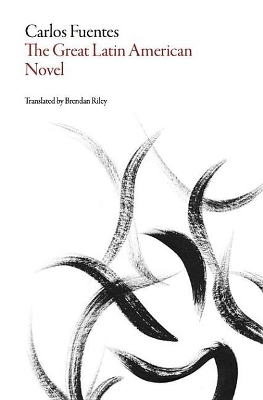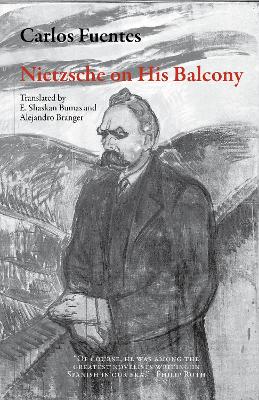Mexican Literature
6 total works
One of the late Carlos Fuentes's final projects, this compendium of his criticism traces the evolution of the Latin American novel from the discovery of America to the present day. Combining historical perspective with personal and often opinionated interpretation, Fuentes gives us a tour from Machado de Assis to Borges and beyond. A landmark analysis, as well as a scintillating and often wry commentary on a great author's peers and influences, this book is as much a contribution to Latin American literature as it is a chronicle of that literature's greatest achievements.
On a hot, insomniac night at the Hotel Metropol, the novelist Carlos Fuentes steps onto his balcony only to find another man on the balcony next door. The other man asks for news of the social strife turning into revolution in the unnamed city below them. He reveals himself as the 19th-century philosopher Friedrich Nietzsche, permitted to revisit earth once a year for 24 hours based on his theory of eternal return. With tenderness and gallows humor, the novelist and the philosopher unflinchingly tell the story of the beginning of the revolution, its triumph, fanaticism, terror, and retrenchment: a story of love, friendship, family, commitment, passion, corruption, betrayal, violence, and hope.
